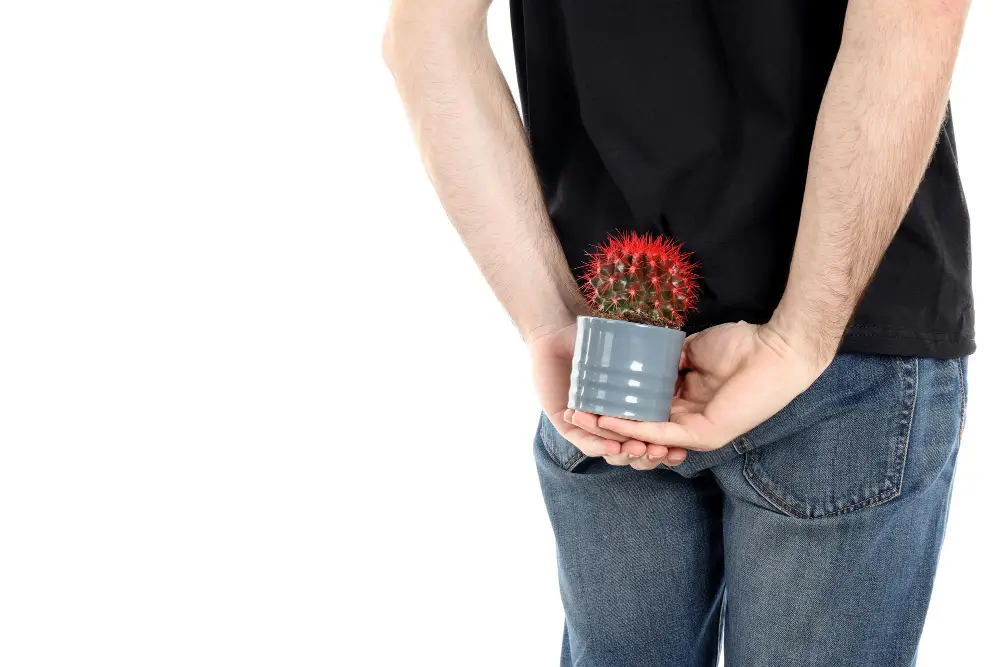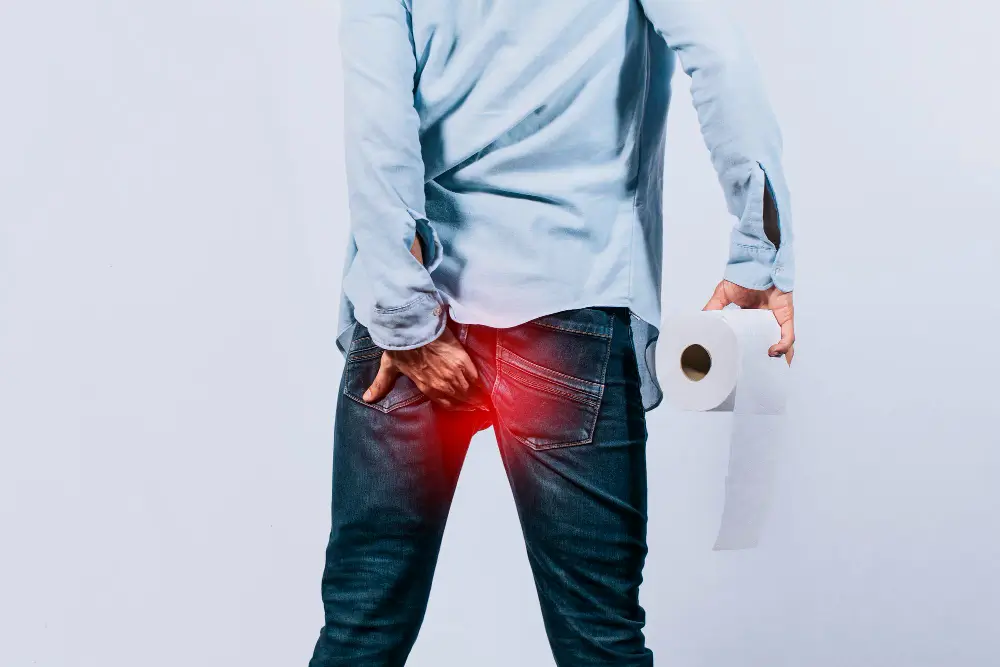

Persistent anal pain can be a distressing condition that affects daily life and overall well-being. Whether it is caused by hemorrhoids, fissures, infections, or other underlying medical conditions, seeking timely Anal Pain Treatment is crucial. Dr. Nitish Jhawar, a leading proctologist in Navi Mumbai, specializes in diagnosing and managing various anorectal disorders, providing patients with long-term relief.
Dr. Nitish Jhawar uses advanced diagnostic techniques to identify the root cause of anal pain. These may include:
If you experience ongoing anal pain, bleeding, or discomfort that does not improve with home remedies, it is essential to seek medical help. Dr. Nitish Jhawar offers specialized Anal Pain Treatment using the latest techniques, ensuring quick recovery and long-term relief.
The best treatment depends on the underlying cause. Mild cases can be managed with dietary changes and medications, while severe conditions may require minimally invasive procedures or surgery.
Recovery time varies. Non-surgical treatments may provide relief within days, while surgical options may require a few weeks for full healing.
Yes, laser treatment is highly effective for conditions like hemorrhoids and fissures. It offers a painless procedure with faster healing.
While rare, persistent anal pain accompanied by bleeding and weight loss should be evaluated by a doctor to rule out colorectal cancer or other serious conditions.
Persistent anal pain should not be ignored, as it can indicate an underlying medical condition requiring treatment. Dr. Nitish Jhawar at Apollo Hospital Belapur Navi Mumbai & Neoalta Clinic Vashi provides expert care, offering both conservative and advanced treatment options for effective relief. If you or a loved one is suffering from anal pain, consult a specialist today for a proper diagnosis and personalized treatment plan.